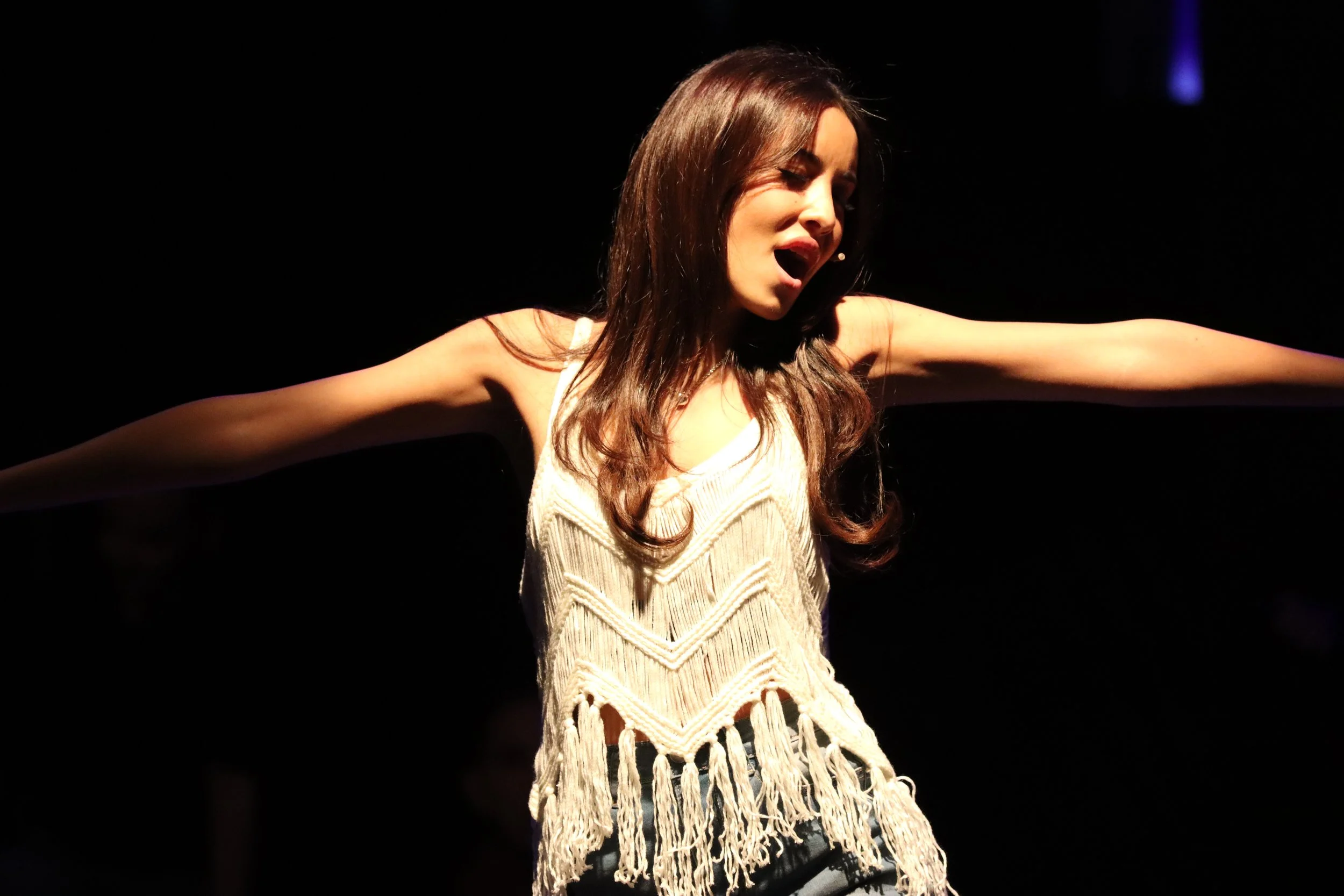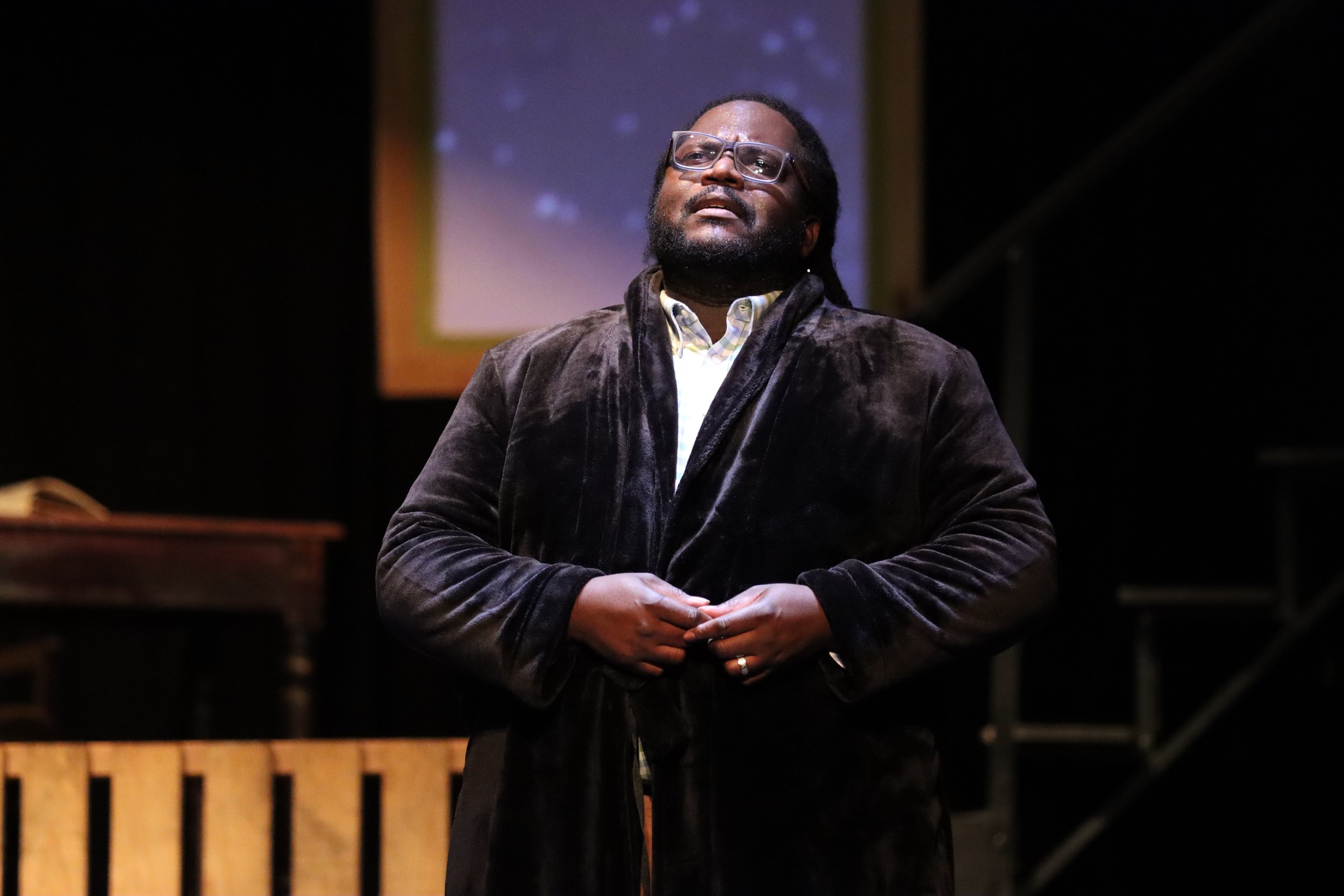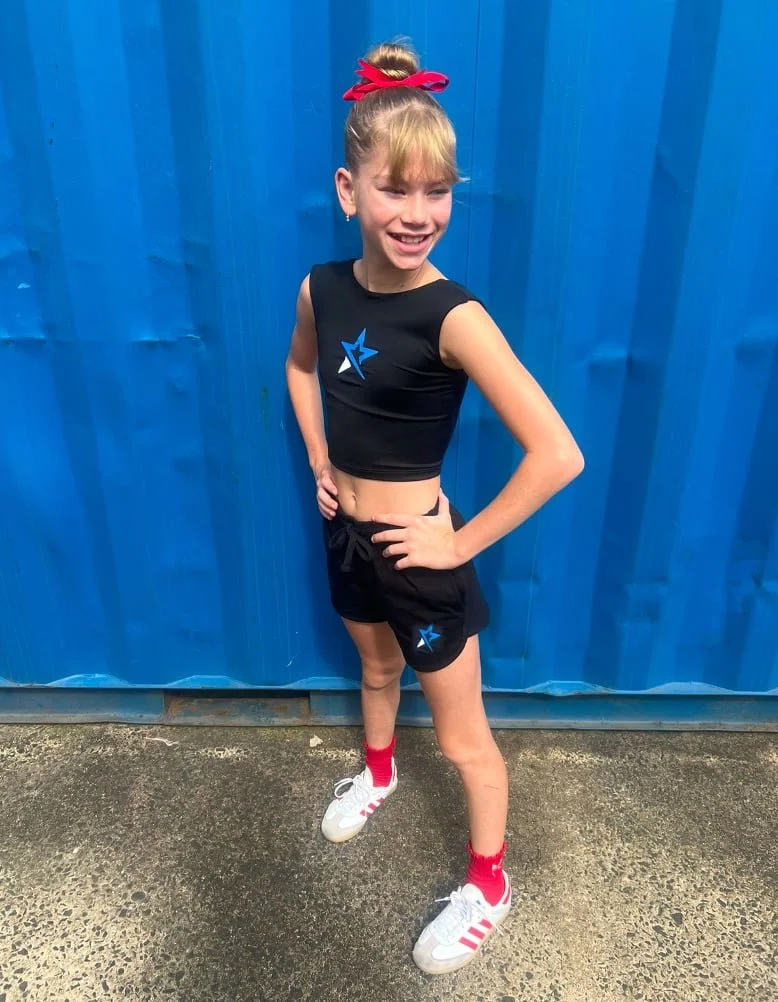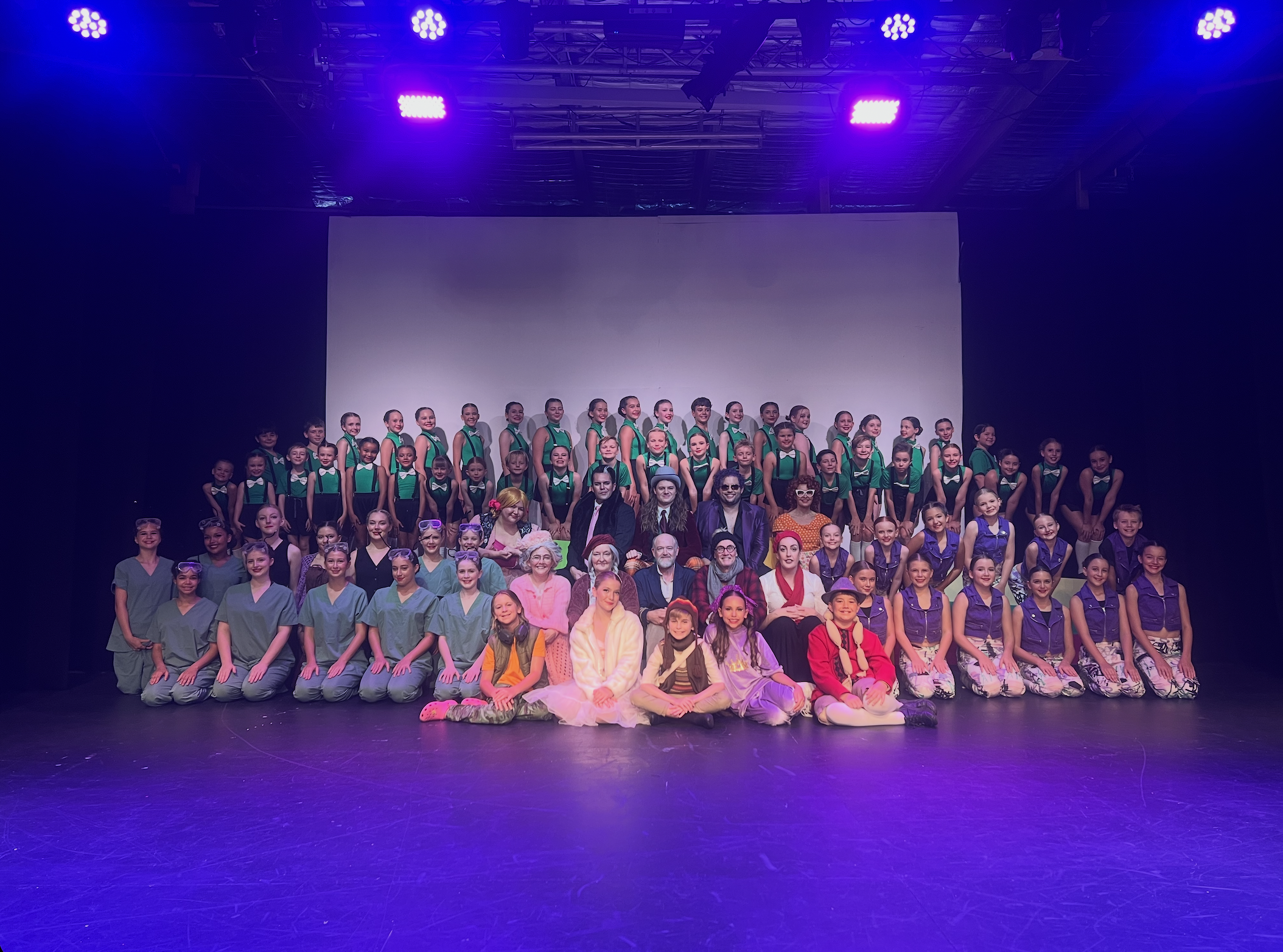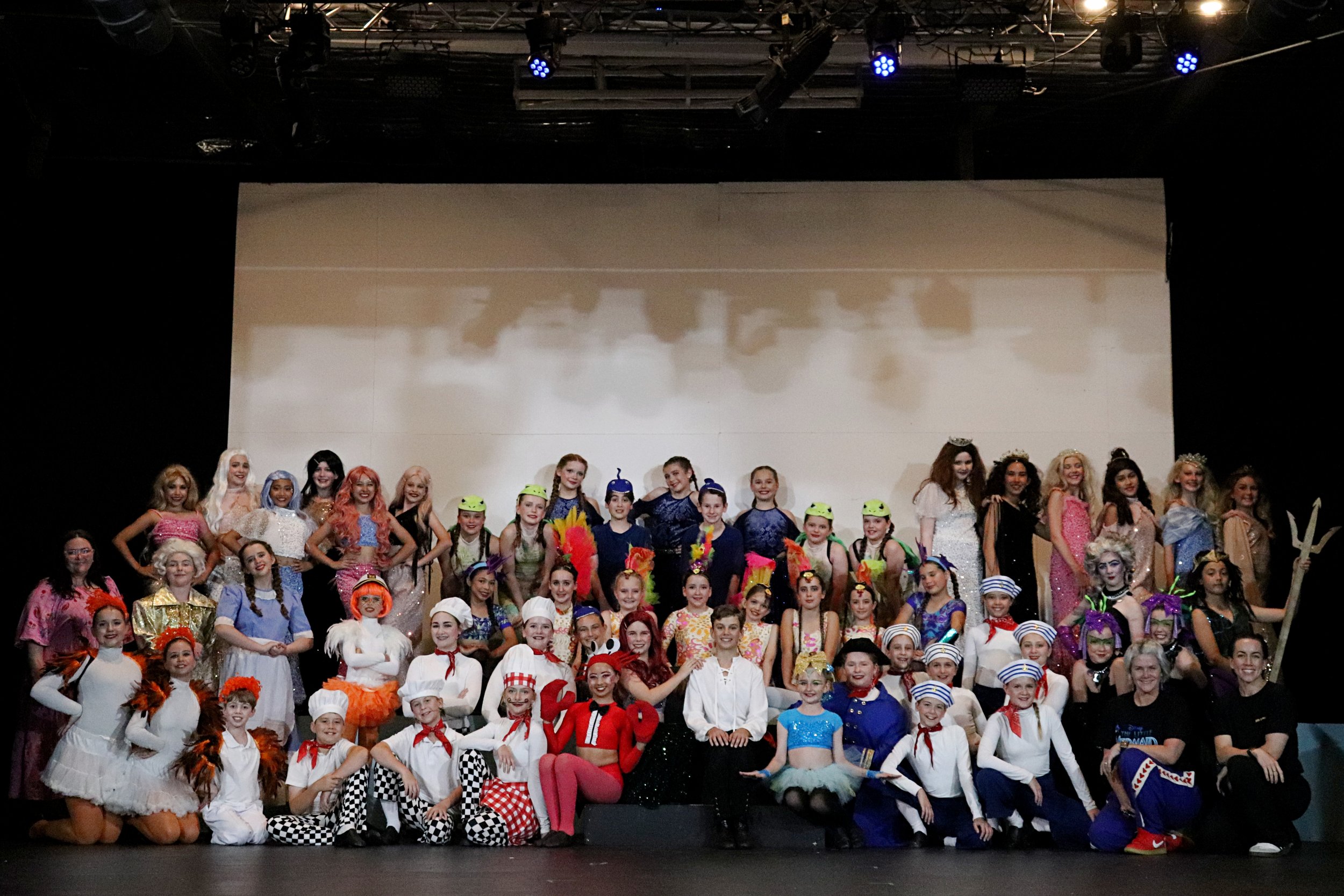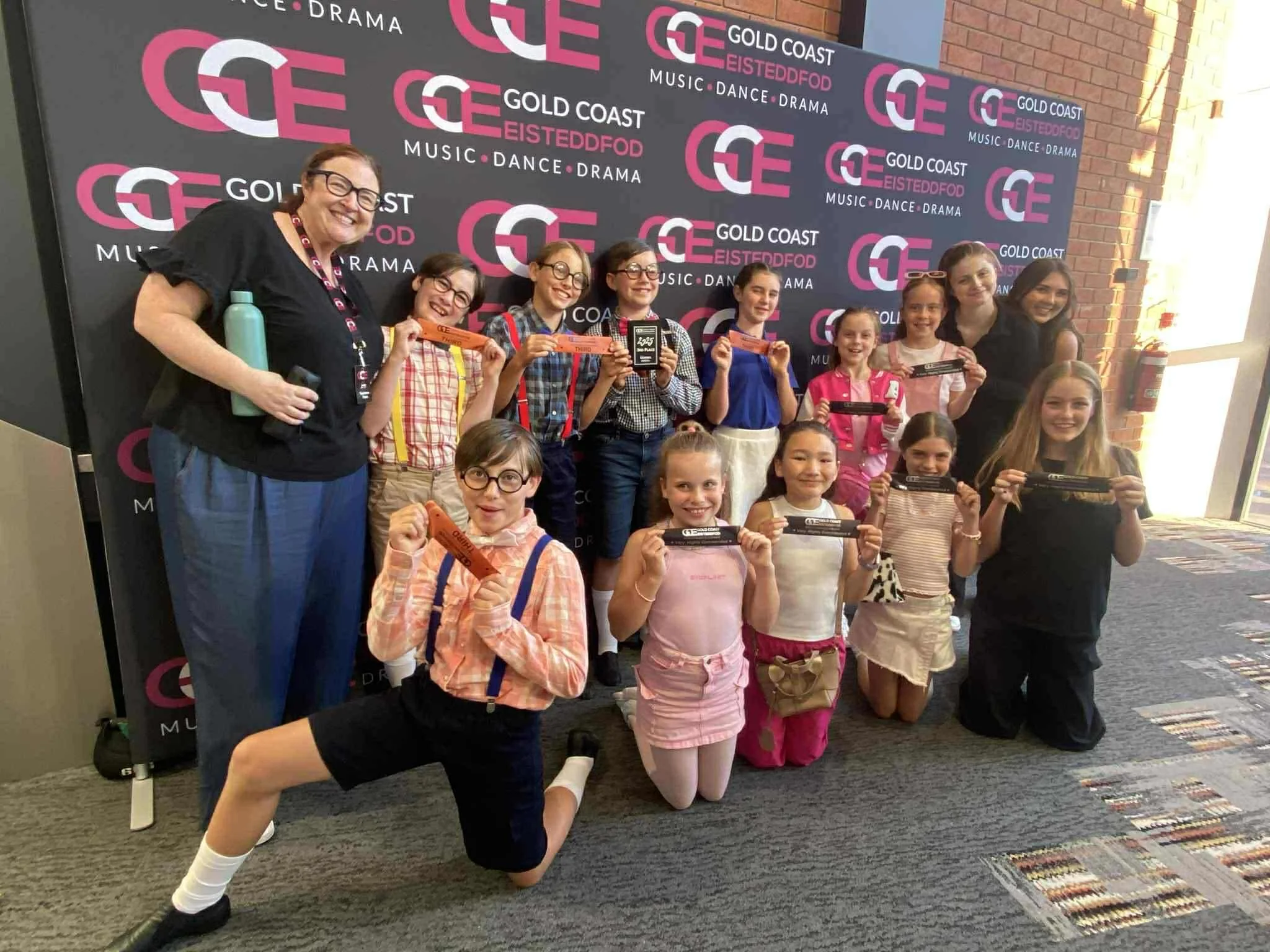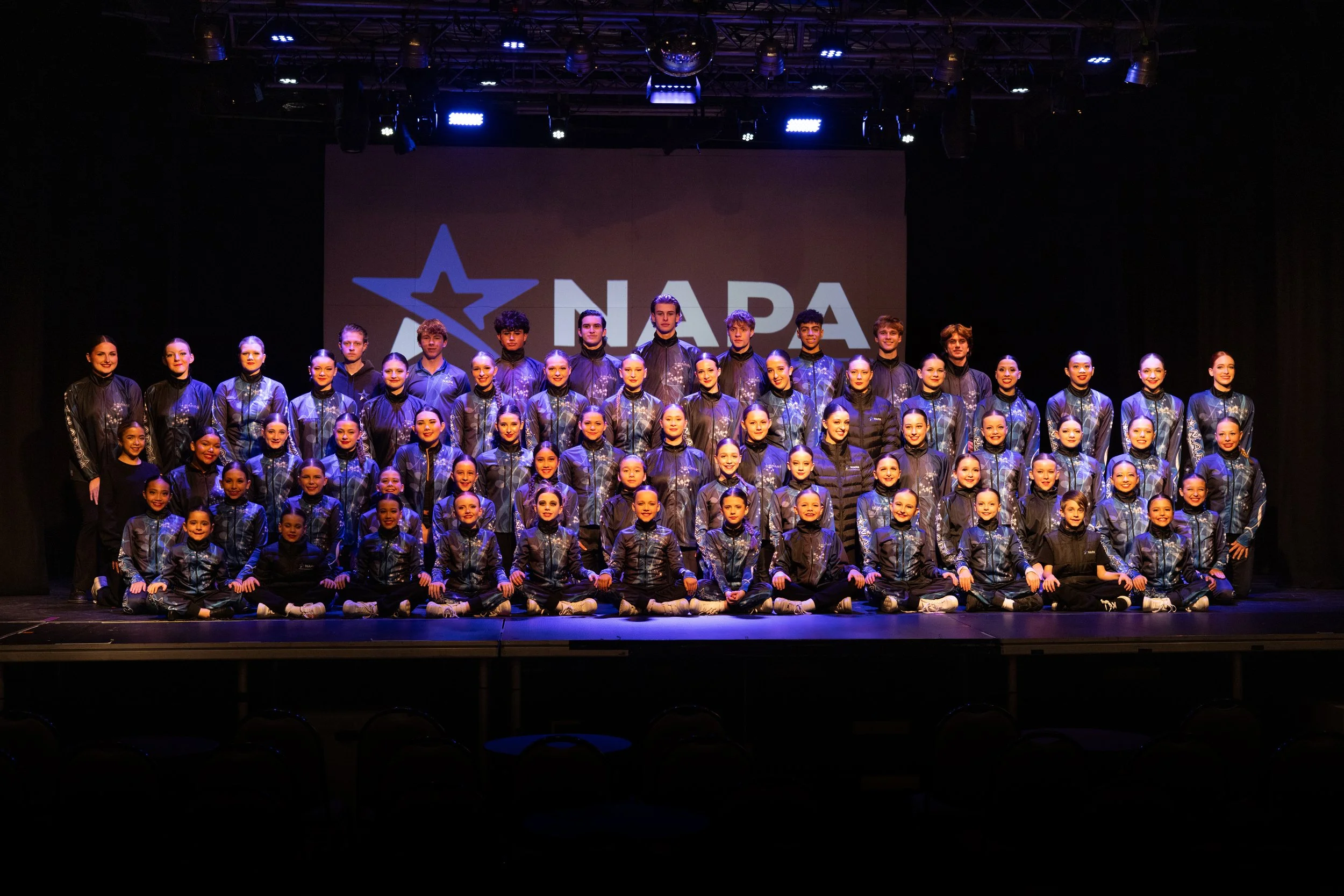NAPA News - Week 6, Term 2, 2025
FROM THE DIRECTOR
WOW! Opening night of Footloose was sensational! Our cast played to a full house and the audience loved every moment. I am so proud of each and every person who is involved in the production and so thankful to everyone who has played even a small part of bringing it to life. Tickets for next weekend are now selling fast, so get in quick if you haven’t yet booked.
QUICK REMINDERS
LOST AND FOUND IS OVERFLOWING AGAIN - PLEASE CHECK!
T-SHIRTS HAVE ARRIVED - SEE KIMBERLEY AT RECEPTION
BAGS AND BELONGINGS - REMINDER THAT THESE ARE TO BE KEPT ON THE BAG RACKS - PLEASE DISCOURAGE YOUR CHERUB FROM LEAVING THEIR BELONGINGS AND BAGS AROUND THE CANTEEN TABLES OR OUTDOOR TABLES AS THESE ARE FOR EVERYONE TO SHARE.
NEWS HIGHLIGHTS
DANCE CONCERT 2025
Our theme has been chosen and will soon be announced - stay tuned for this in next weeks newsletter! Please ensure you have the dates saved in your calendar if your child attends a dance class. All dance classes (except Mini classes) are part of our end of year concert.
Compulsory rehearsal week AT NAPA: Monday, 17 - Thursday, 20 November
Compulsory rehearsal at HOTA: Monday, 24 November
Performance AT HOTA: Tuesday, 25 November
UNIFORM AND HAIR IN DANCE CLASSES
We kindly remind all students to attend their dance classes in the appropriate attire. Students participating in Performance Team classes must wear either their NAPA uniform and Senior Team members may wear their uniform or all-black dancewear. For all other classes, suitable dance clothing is required. Ballet students should be in full ballet uniform, with their hair neatly secured in a bun.
All dancers are expected to have their hair styled in a bun, braids, or similarly tidy fashion. Attending class in street clothes or school uniforms, or with unkempt hair, is not appropriate and may hinder participation.
Wearing the correct uniform and maintaining proper grooming is essential for several reasons:
Safety: Appropriate attire allows instructors to observe alignment and technique, helping to prevent injuries.
Professionalism and discipline: Following a dress code fosters a sense of commitment and respect for the art form.
Focus and unity: Uniformity minimises distractions and helps dancers feel part of a cohesive group.
Freedom of movement: Dancewear is designed to support flexibility and movement, unlike street clothes or school uniforms.
Thank you for supporting a professional and focused learning environment for all dancers.
PARKING - PLEASE ENSURE YOU ARE NOT PARKING IN SURROUNDING BUSINESSES
We are continuing to have issues with people parking in our neighbours’ carparks. At opening night of Footloose we had a patron park in front of our neighbour’s roller door, blocking them from getting out of their building. PLEASE do not park in these areas as it could cause issues for us with council. It is imperative that everyone follows this rule please.
WEllbeing
Train for the Journey, Not Just the Moment
In the performing arts world, it’s incredibly easy to get caught up in the fast pace of competitions, callbacks, solos, and the constant stream of social media highlights. The excitement of winning, the rush of being seen, and the validation that comes with standing out can feel like the ultimate reward—and it often is, in the moment. However, when your focus narrows solely to collecting trophies, chasing applause, or trying to outdo your peers, you risk losing sight of something far more important: the deeper purpose and long-term vision behind your training.
Performing is not just about those quick highs of applause or accolades—it’s about cultivating a career, honing a craft, and developing a version of yourself as an artist and a human being that will sustain you far beyond your teenage years. This kind of growth requires patience, intention, and self-care. The arts are a lifelong journey, not a sprint to the finish line.
Unfortunately, many young performers push themselves so hard, so fast, trying to keep up with expectations—both external and internal—that by the time they reach adulthood, they are physically exhausted, emotionally drained, and sometimes questioning if they even want to continue. This is burnout, and it’s far more common than people talk about. Burnout can take away your joy, your motivation, and your sense of identity as a performer, which is why it’s essential to take steps now to prevent it.
Your years of training are not simply a race to be “the best” or “the fastest.” They are the foundation on which your entire career will be built. It’s vital to prioritise quality over quantity, and progress over perfection. Honour your body’s need for rest and recovery—remember, rest is part of training, not the opposite of it. Give yourself permission to explore different styles, techniques, and disciplines without pressure to excel immediately. This exploration enriches your artistry and keeps your passion alive.
Learning how to work smart, rather than just hard, will serve you throughout your entire career. Set healthy boundaries around your time and energy. It’s perfectly okay to say no to constant pressure, overwhelming schedules, or unhealthy comparisons with others. In fact, protecting your wellbeing is one of the most powerful ways to nurture your artistic longevity.
Building a healthy, sustainable relationship with your art means embracing both the highs and the lows. It means finding joy not just in moments of success, but in the everyday practice and growth. It means understanding that your journey will have setbacks, rest periods, and times of uncertainty—and that’s all part of becoming the artist you’re meant to be.
“Don’t trade long-term growth for short-term applause. A career in the arts is a marathon, not a moment.”
STAFF SPOTLIGHT
MELISSA LUKIN STRIPP
SINGING SPECIALIST
PRIVATE LESSONS
Melissa Lukin Stripp brings over 30 years of experience as a versatile performer and dedicated vocal coach, specialising in training young vocalists in both Contemporary Commercial Music and Musical Theatre. With a rich background that spans theatre, dance, and voice, Melissa’s passion lies in nurturing kids and teens to find their unique voice and build confidence on stage.
Melissa’s impressive career includes being a guest vocal coach on Channel Nine’s The Voice Kids in Sydney, where she worked closely with emerging talent to develop their vocal technique and stage presence. She has also held significant teaching roles at renowned performing arts schools such as Brightstars PTY LTD, Launch Performing Arts Centre, and THE STAGE SCHOOL Victoria. In addition to these, Melissa founded her own business, Showbiz Kidz, creating supportive learning environments that foster young performers’ growth.
Melissa holds a Bachelor of Arts with a major in Theatre Studies and is currently expanding her expertise by pursuing a Graduate Diploma in Music specialising in Vocal Pedagogy.
Her diverse performance credits include being a Swing Musical Performer at Universal Studios Japan and Lead Production Vocalist on Princess and Carnival Cruise Lines. She has also performed at theatre restaurants, live televised events, and major stage events like the Lord Mayor’s Christmas Carols, Gold Coast City Council events, music festivals, and the Sydney Showboat. Recently, Melissa has been focusing on songwriting and performing her original music, which has been featured on radio, streaming platforms, and in Film/TV projects.
Melissa’s dedication, experience, and warmth make her an invaluable part of our teaching team, inspiring the next generation of performers to sing with skill and heart.
PERFORMANCE TIPS
Embrace Mistakes as Part of the Process
In the world of performing arts, perfection can sometimes feel like the ultimate goal. We watch polished performances on stage, in film, or online, and it’s easy to believe that great performers never make mistakes. But the truth is, everyone—even the most seasoned professionals—makes mistakes. It’s part of being human and part of the learning journey.
Art is not about perfection—it’s about expression. You are not a robot programmed to execute flawlessly every time. Your unique emotions, energy, and personality bring life to your performance. These human qualities mean that each moment on stage is different and alive. Embracing this helps you focus on connecting and communicating rather than trying to be flawless.
Mistakes might happen during a dance routine, a song, a monologue, or even in technical aspects like costume or set issues. When they do, the most important thing is how you respond. Rather than freezing, panicking, or drawing attention to the error, the best performers keep going smoothly as if nothing happened. This ability to recover gracefully is a key mark of professionalism.
Why? Because the audience is usually focused on the overall experience, the story you’re telling, and the emotions you’re conveying—not on a brief slip-up. More often than not, they don’t notice the mistake at all unless you highlight it with hesitation or apology.
Embracing mistakes also means shifting your mindset. Instead of fearing errors, see them as valuable opportunities to learn and grow. Each mistake shows you where you can improve, what you might practice more, or how you can build greater confidence. Remember, every expert was once a beginner who made plenty of mistakes along the way.
When a teacher, director, or coach points out a mistake, it’s natural to feel defensive or discouraged. But it’s important to remember that correction is never a personal attack—it’s a gift. Their role is to help you grow and improve your craft and to achieve uniform results in a routine or production. Listen openly, without judgment, and try to understand the feedback fully. The faster you learn to accept and apply corrections, the quicker you can turn mistakes into strengths. Practising this positive mindset will help you correct errors smoothly and with confidence, which is essential in live performance where there’s no “undo” button.
Here are some practical tips to help you embrace mistakes in your performing journey:
Practice “Keeping Going”: When rehearsing, practice what you’ll do if something goes wrong. This might mean improvising, skipping a step, or calmly returning to your place in the routine. The more you rehearse recovering, the easier it will feel on stage.
Stay Present: Focus on what’s happening now instead of what just happened. Let your attention return to the moment, your fellow performers, and the story. This presence helps you move forward confidently.
Build Resilience: Mistakes can feel discouraging, but they don’t define you. Use them to build resilience—the ability to bounce back stronger and more prepared.
Talk About It: Share your experiences with trusted teachers, coaches, or friends. You’ll often find that mistakes are common and nothing to be ashamed of.
Celebrate Your Courage: Every time you get back up after a mistake, you’re showing bravery and professionalism. Celebrate that!
By embracing mistakes as natural, inevitable parts of the process, you’ll perform with more freedom and joy. You’ll stop being afraid of errors and start focusing on your growth and the magic you create onstage. After all, the greatest performances are not those without mistakes—they are those filled with passion, resilience, and heart.






